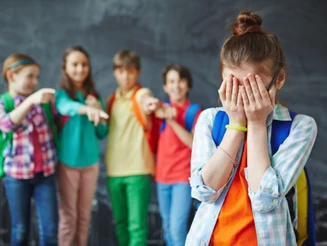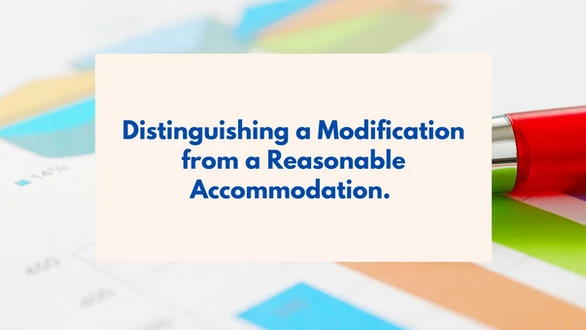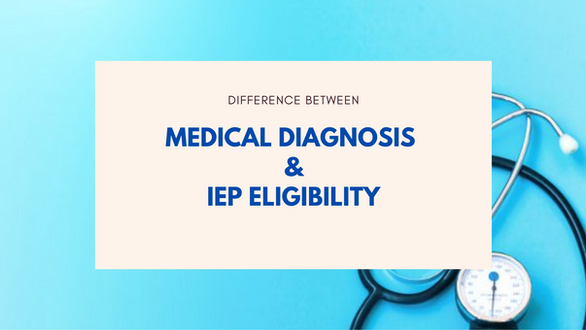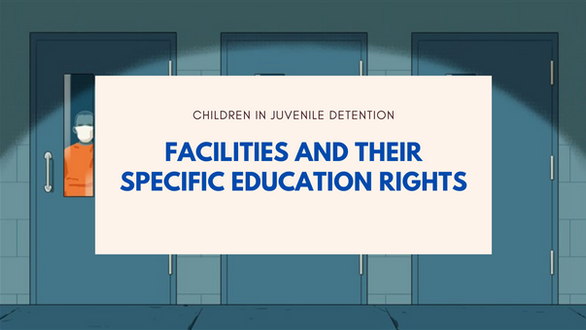Bullying is a serious case of social and psychological dysfunction that can happen to any child, at any place. While many children only experience this once or twice in their lives, a new study has shown that some children are at more risk in getting bullied. Facts about Bullying According to an article written by Debbie Glasser, Ph.D., researchers at the University of Nebraska in Lincoln discovered how students that receive special education services (whether it be for behavioral disorders or for physical disabilities like speech impediments or hearing impairments) are more prone to getting bullied when compared to general education students, which in return results in them being more likely to bully other students. Also, according to an article published in the Journal of School Psychology, which studied the lives of over 800 special and general education students aged 9 through 16 (scattered across nine different elementary, middle and high schools), students who were given special education services were more likely to be bullied and to bully others. In fact, of the 800 students, sixty-seven percent were reported to have been victims of bullying, and out of those bullied students, more than one-third (38.1%) admitted that they bullied other students. Because of this, the authors have concluded that children that have observable disabilities are at more risk of being victims of bullying because of how their disabilities cause them to stand out, thus making it seem that they are easier to bully. The authors also indicated that these children may eventually bully others as an act of revenge. Additionally, the study also concluded that special education students, due to them being prone to bully other students, were more likely to be sent to the counselor’s office for disciplinary action, whether they were male or female. Bullying is something that is not gender-specific – both boys and girls have an equal risk of getting bullied. Bullying and its effects Bullying has many sociological, psychological and behavioral effects, and should not be dismissed easily. Over the past few decades, numerous news headlines have discussed how devastating the effects of bullying have been in the lives of children and teens that suffered it. Aside from the heartbreaking stories of bullying-caused suicides, there have also been cases of severe anxiety and depression, criminal activities, and various health issues. Symptoms that your child is getting bullied Due to the seriousness of bullying and its effects on children, it is important to recognize when your child is becoming a victim of bullying at school. And while the signs listed below do not necessarily indicate that your child is suffering from bullying, they are good indicators that you should start to seek professional guidance on how you should handle your child’s situation in school. Sleeping disorders (insomnia, frequent nightmares) Changes in eating habits Unexplainable physical injuries Increased physical ailments (stomachaches, headaches, etc…) Loss or destruction of valuable items (money, phones, calculators, etc…) Sudden decline in school performance (grades, projects, etc…) Constant excuses for avoiding school attendance Declining self-esteem Possible solutions to handle bullying In her article, Debbie made some recommendations based on the studies made by the researchers of the Journal of School Psychology. Some of these suggestions included further establishing anti-bullying programs that promote pro-social skills for both general and special education classes. They believe that programs such as these would encourage students with great social skills to become positive role models that other students would then follow. Teachers and school staff should play a vital role in helping students with physical disabilities to be better integrated into general education classes in order to inhibit, or much better, prevent them from being victims of bullying. They can also introduce significant anti-bullying programs via a comprehensive curriculum system which they can then disseminate to all students in all grades. Ultimately, it is the responsibility of us parents to provide the loving and caring environment that would develop respect, acceptance and kindness in our children. Teaching our children the value and dignity of every individual is essential, as well as for the adults in our children’s lives to advocate for efficient and effective programs against bullying, and create a peaceful, tolerant and respectful environment in our communities. Additional Information To learn more about how to talk with your child about bullying, and to advocate on behalf of promoting effective anti-bullying programs in schools, here are some resources: Web AbilityPath.org Education.com/topic/school-bullying-teasing/ Specialneeds.thebullyproject.com/ StopBullying.gov Books Bullying Prevention and Intervention: Realistic Strategies for Schools, by Susan M. Swearer, Ph.D., Dorothy L. Espelage, Ph.D., Scott A. Napolitano, Ph.D. Bullyproof Your Child for Life: Protect Your Child from Teasing, Taunting and Bullying for Good, by Joel Haber and Jenna Glatzer Perfect Targets: Asperger Syndrome and Bullying — Practical Solutions for Surviving the Social World, By Rebekah Heinrichs Why Good Kids Act Cruel: The Hidden Truth about the Pre-Teen Years, by Carl Pickhardt, Ph.D.











